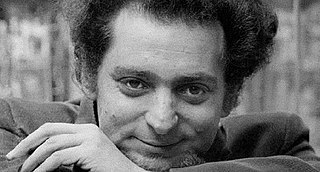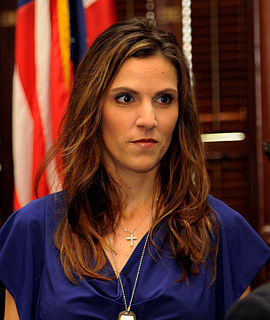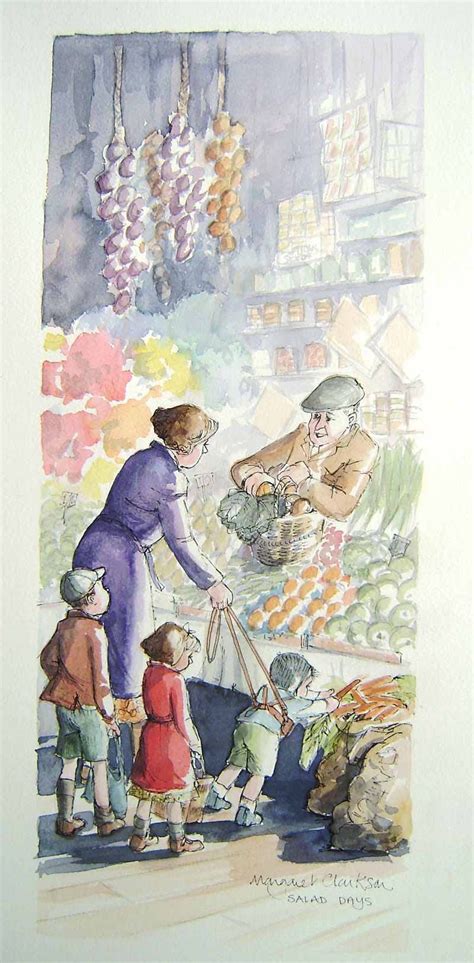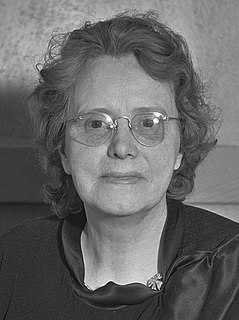A Quote by W. H. Auden
Evil is unspectacular and always human, and shares our bed and eats at our own table.
Related Quotes
What we need to question is bricks, concrete, glass, our table manners, our utensils, our tools, the way we spend our time, our rhythms. To question that which seems to have ceased forever to astonish us. We live, true, we breathe, true; we walk, we go downstairs, we sit at a table in order to eat, we lie down on a bed on order to sleep. How? Where? When? Why? Describe your street. Describe another. Compare.
Perhaps that is our doom, our human curse, to never really know one another. We erect edifices in our minds about the flimsy framework of word and deed, mere totems of the true person, who, like the gods to whom the temples were built, remains hidden. We understand our own construct; we know our own theory; we love our own fabrication. Still . . . does the artifice of our affection make our love any less real?
[Religion] attacks us in our deepest integrity - the core of our self-respect. Religion says that we would not know right from wrong, we would not know an evil, wicked act from a decent human act without divine permission, without divine authority or without, even worse, either the fear of a divine punishment or the hope of a divine reward. It strips us of the right to make our own determination, as all humans always have, about what is and what is not a right human action.
In our own time we have seen domination spread over the social landscape to a point where it is beyond all human control. Compared to this stupendous mobilization of materials, of wealth, of human intellect, of human labor for the single goal of domination, all other recent human achievements pale to almost trivial significance. Our art, science, medicine, literature, music and charitable acts seem like mere droppings from a table on which gory feasts on the spoils of conquest have engaged the attention of a system whose appetite for rule is utterly unrestrained.
Our dearest one. Fear nothing of the forest. There is no danger in solitude. We have no need of our brothers. Let us forget their good and our evil, let us forget all things save that we are together and that there is joy as a bond between us. Give us your hand. Look ahead. It is our own world, Golden One, a strange, unknown world, but our own.
History tells us more than we want to know about what is wrong with man, and we can hardly turn a page in the daily press without learning the specific time, place, and name of evil. But perhaps the most pervasive evil of all rarely appears in the news. This evil, the waste of human potential, is particularly painful to recognize for it strikes our parents and children, our friends and brothers, ourselves.
It is only in the giving of ourselves to others that we truly live — only with the meeting of our minds — thine and mine — do we become conscious of the divine spark each of us shares — only in sharing in our daily contacts, one with another, in our mutual hopes and fears do we find real peace. The human contribution is the essential ingredient.







































